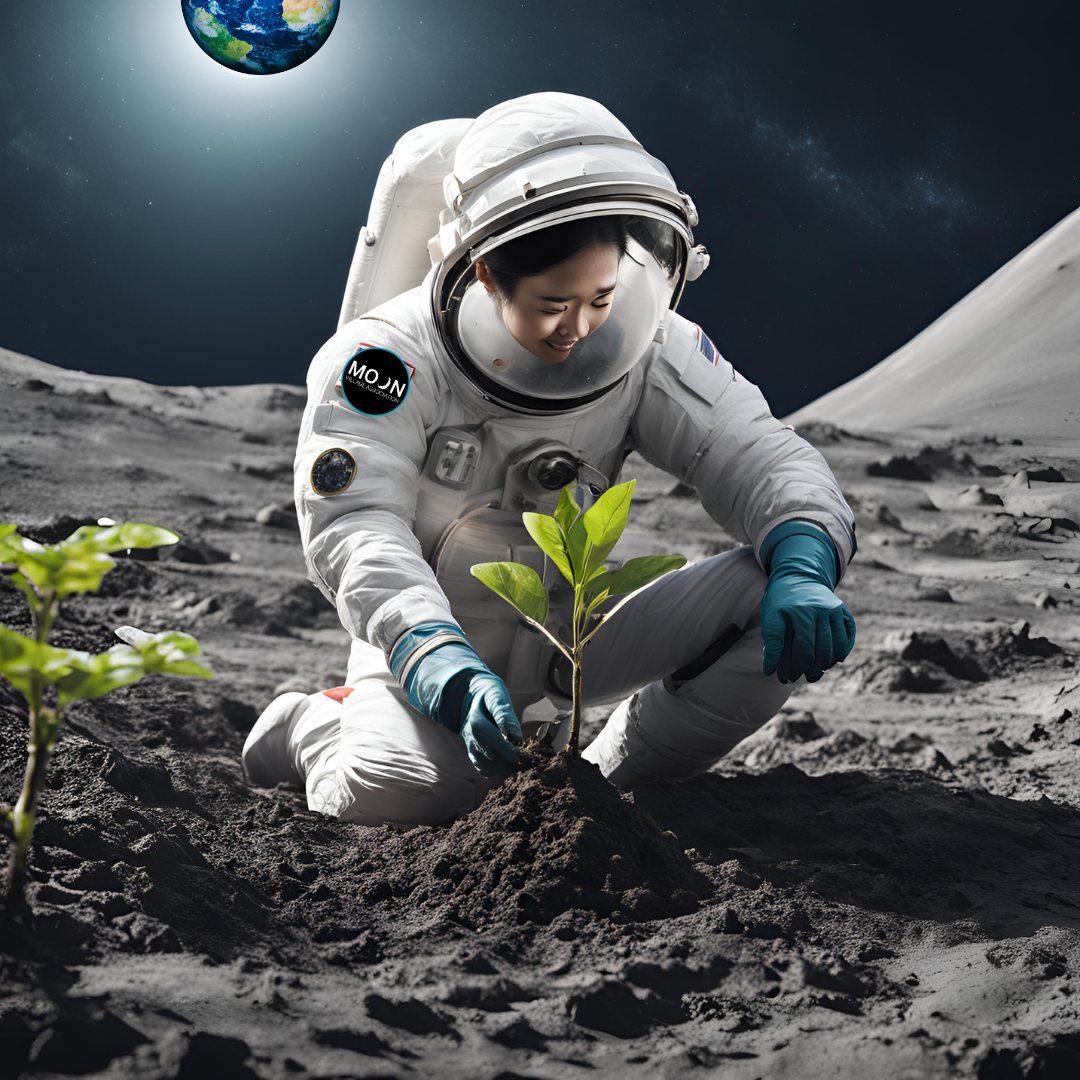
Lunar Agriculture and Sustainable Technologies (LAST)
Leader


Leader
The Moon Village Association (MVA) is proud to announce the launch of the Lunar Agriculture and Sustainable Technologies (LAST) Working Group, a pioneering international initiative dedicated to exploring the future of lunar agriculture and its transformative potential for both space exploration and life on Earth.
As humanity moves closer to establishing a sustained presence on the Moon, ensuring a reliable and self-sufficient food supply will be essential for long-term missions and future lunar settlements. The LAST Working Group brings together leading scientists, engineers, policymakers, and industry experts to address the complex challenges of growing plants beyond Earth’s biosphere.
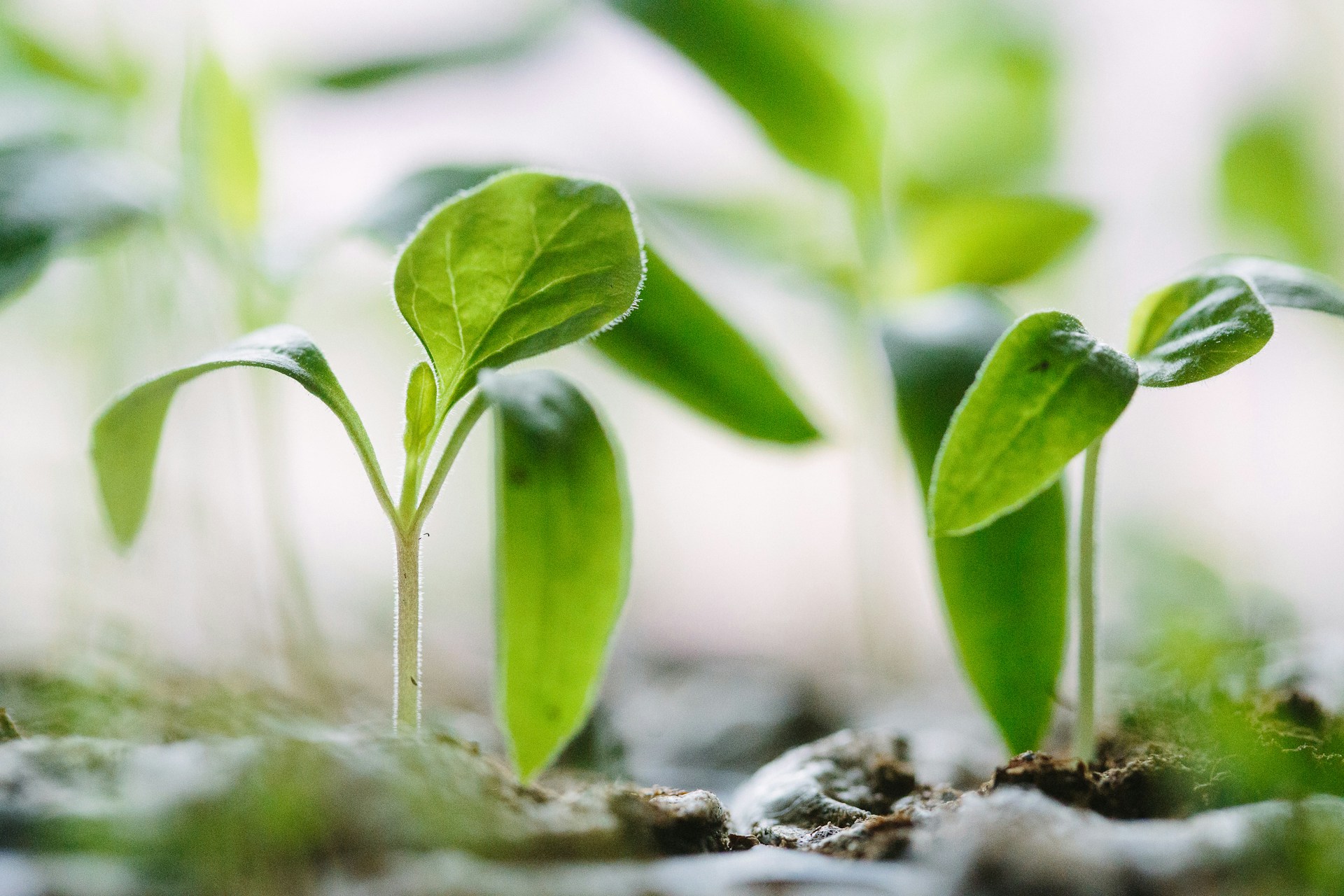
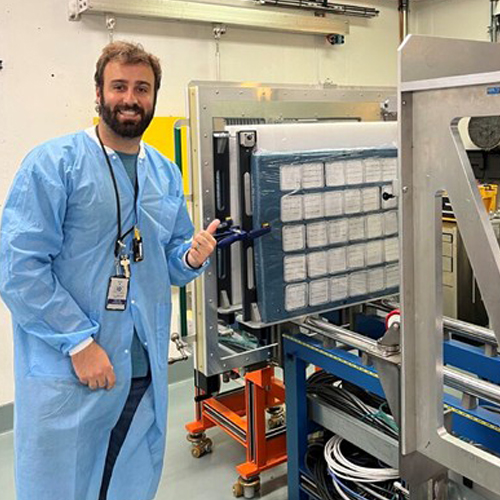
Dr. Borja Barbero Barcenilla is a distinguished scientist specializing in synthetic biology and genome engineering. He currently serves as the research coordinator for the NASA Genelab plant Working Group (AWG). Dr. Barbero Barcenilla’s expertise extends to spaceflight operations, as evidenced by his involvement in NASA’s SHINE-1 and STAR-4 programs. As a member of BioAstra CREW-2, Dr. Barbero Barcenilla has contributed to advancing space biology research. His hands-on experience includes working on space biology experiments, notably the Apex-07 mission. He is also slated to participate in the upcoming Apex-12 project, which will involve experiments on the International Space Station (ISS) as well as galactic cosmic rays experiments at Brookhaven National Laboratory. Dr. Barbero Barcenilla’s research portfolio includes groundbreaking work in cultivating various plant species using lunar regolith, demonstrating his innovative approach to space agriculture.
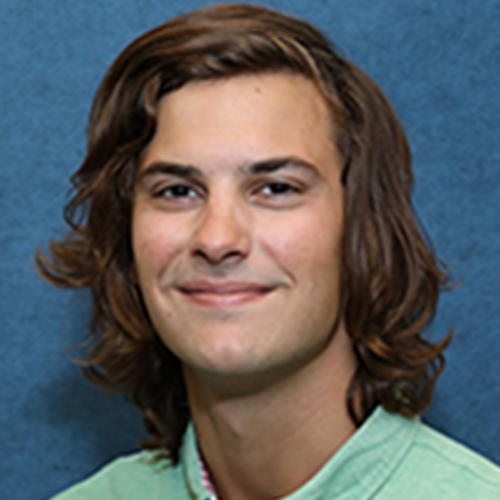
Harrison is a PhD student at Texas A&M University in the Department of Soil and Crop Sciences on a NASA Space Technology Graduate Research Opportunity. Harrison’s research focuses on implementing technologies for nutrient and metal extraction from lunar and Martian soils, along with studying the mineral-organic interactions and nutrition of plants grown in these substrates. Harrison has participated as a Visiting Technologist at Kennedy Space Center developing his research on off-world nutrient recycling.
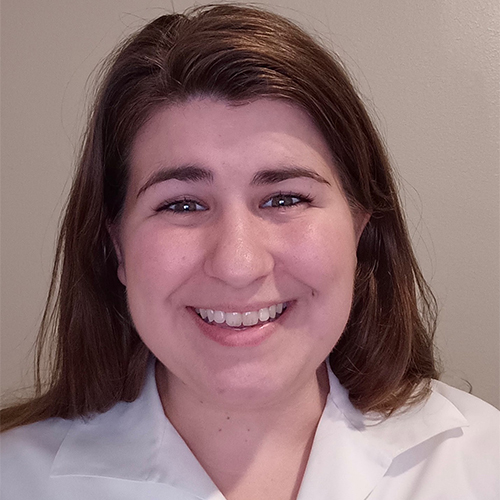
Rachel is a Ph.D. candidate in the Department of Molecular, Cellular, and Developmental Biology at the University of Michigan and a NASA Space Technology Graduate Research Opportunities (NSTGRO) Fellow. She is a member of the Shan Lab, where her research focuses on understanding the genetic basis and regulation of asexual regeneration in “Mother of Thousands” Kalanchoesucculents. Her work aims to explore applications of this process as a space-based bio-manufacturing system for space exploration beyond Low Earth Orbit (LEO).
You must be logged in to post a comment.